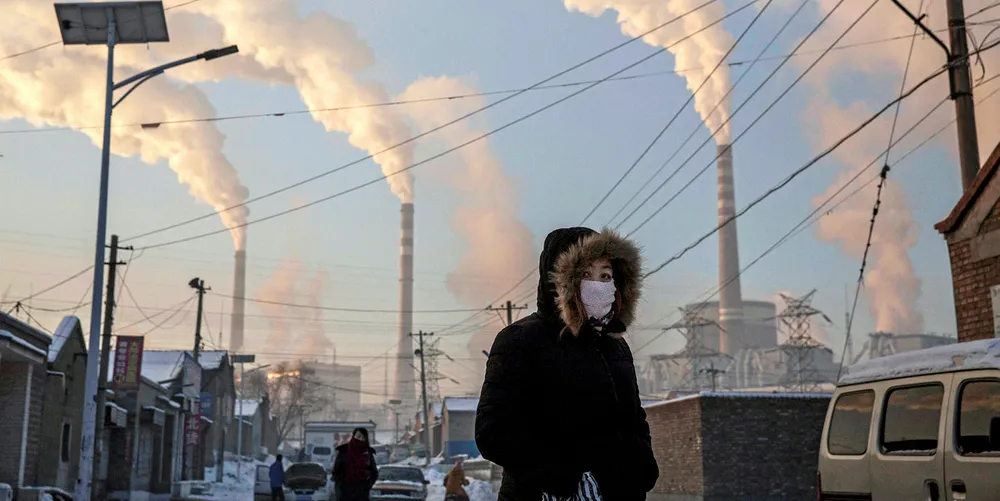China warned to avoid new coal plants in wake of Covid-19: think-tank
Using coronavirus economic stimulus funding on fossil fuel-based fleet would be 'throwing good money after bad', says Carbon Tracker

Using coronavirus economic stimulus funding on fossil fuel-based fleet would be 'throwing good money after bad', says Carbon Tracker
